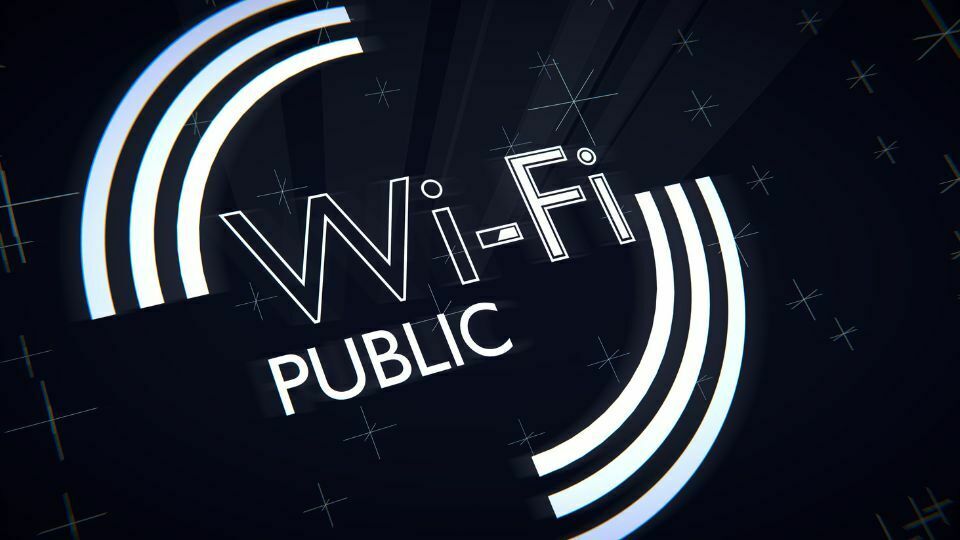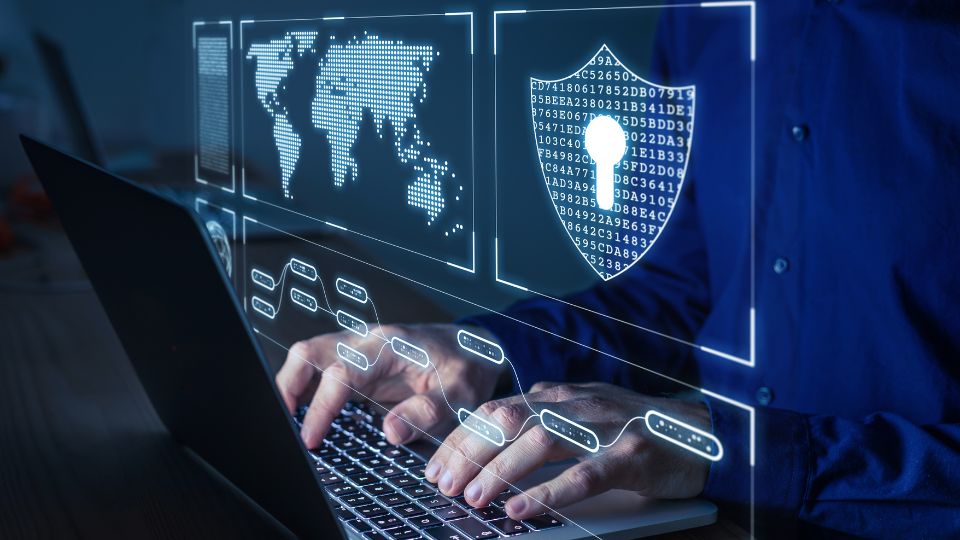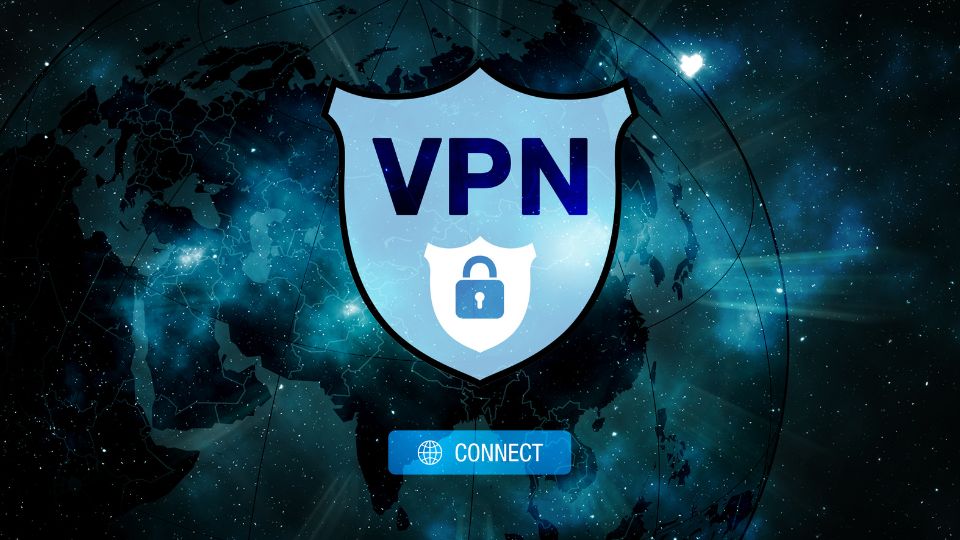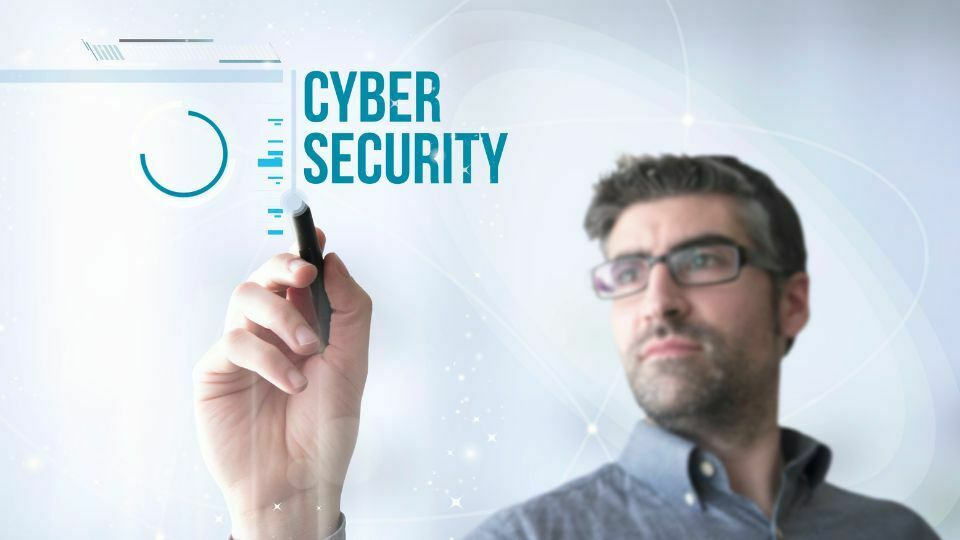When it comes to the internet, we often take for granted how safe it is. We trust that our data will be secure, our identities will remain private, and our devices will be free from malware and viruses. However, the reality is that the internet is not as safe as we would like it to be. Hackers are constantly finding new ways to steal our personal information, identity thieves are always looking for new victims, and malicious software is becoming more sophisticated every day. That’s why it’s important to take steps to protect yourself online. Here are five tips to help you stay safe online:
1. Use Strong Passwords: One of the simplest ways to make your online accounts more secure is by using strong passwords. A strong password should be at least eight characters long and include a mix of upper- and lower-case letters, numbers, and symbols. Avoid using personal information, such as your name or birthday. And change your password regularly to make it even stronger!
Tip 1: why Use strong passwords is important
It’s important to use strong passwords to protect your online accounts from hackers. Here are a few tips on how to create strong passwords:
1. Use a mix of letters, numbers and symbols.
2. Make your passwords at least 8 characters long.
3. Avoid using easily guessed words like “password” or your birthdate.
4. Don’t use the same password for all of your online accounts.
5. Change your passwords regularly.
Creating strong passwords is one of the best ways to keep your online accounts safe from hackers. By following the tips above, you can make it much harder for hackers to gain access to your account information.

Tip 2: what is bad about public WiFi
Most public WiFi networks are unsecured, which means that anyone can connect to them and potentially see what you’re doing online. This is a big risk if you’re using public WiFi to do things like banking or shopping, as your personal information could be intercepted by someone else on the network.
Another downside of public WiFi is that it can be quite slow and unreliable. This is because everyone who’s connected to the same network is competing for bandwidth, which can lead to a lot of lag and buffering.
Finally, public WiFi networks are often hotspots for viruses and other malicious software. This is because they’re generally less well-protected than private networks, so it’s easier for hackers to target them.
Tip 3: what are phishing scams and how do they work
Phishing is a type of online scam where criminals pose as a legitimate organization to try and trick you into giving them personal information or money. They do this by sending emails or pop-up messages that look like they’re from a real company, often using the same logo and branding. The message will usually contain a link to a fake website that looks identical to the real one. When you enter your personal information on this website, the phishers can then use it to commit fraud.
Phishing scams are becoming increasingly sophisticated and difficult to spot. It’s important to be aware of the signs of a phishing attempt, so you can protect yourself and your family from becoming victims.
What are some of the signs of a phishing attempt?
There are many signs that can indicate a phishing attempt. Some common indicators include:
-The email is from an unknown sender, or someone you don’t normally communicate with
-The subject line is vague or suspicious sounding
-The email contains typos or grammatical errors
-The email includes unexpected attachments or links
-You are asked to provide personal information or login credentials
-You receive an unexpected request for personal information, such as your Social Security number, credit card number, or login credentials.
-The email looks like it’s from a legitimate source, but there are some subtle clues that something is off. For example, the sender’s address may be slightly different from the usual address you see, or there may be typos in the body of the email.
If you receive an email that meets any of the above criteria, be cautious before taking any further action. If you’re unsure whether an email is legitimate, contact the sender directly to confirm its authenticity. Never click on any links or open any attachments from an unknown or untrustworthy source.

Tip 4: why should I Keep my software updated to prevent malware
Keeping your software up to date is one of the most important things you can do to protect your computer from malware. Malware is constantly evolving and becoming more sophisticated, so it’s important to make sure your software is up to date so you can have the latest security protections.
There are a few different ways to keep your software up to date. Most software programs will have an option in their settings to automatically check for updates and install them. You can also set your operating system to check for updates for all of your installed programs.
If you’re not sure whether your software is up to date, you can usually check the website of the company that made it. They will usually have a list of the latest versions of their software available for download.

Tip 5: Using a VPN has the following benefit
A VPN, or virtual private network, is a secure tunnel between your device and the internet. By using a VPN, you can protect your online activity from prying eyes.
Benefits of using a VPN to protect my personal information
A VPN is a private network that encrypts and tunnels your internet traffic through its own servers, hiding your IP address and protecting your personal information from hackers, identity theft, and other cybercrimes. Here are some of the benefits of using a VPN to protect your personal information:
1. A VPN encrypts your internet traffic, making it unreadable to anyone who may be monitoring or intercepting your data. This includes your ISP, government agencies, and malicious hackers.
2. A VPN hides your IP address, making it nearly impossible for third parties to track your online activity or identify you. This is especially important if you’re concerned about being targeted by advertising or malware.
3. A VPN can help prevent ISP throttling by encrypting your traffic and making it indistinguishable from other data packets.
Here are some other uses of a vpn
4. A VPN can help you bypass censorship and firewalls.
5. Lastly, a VPN can help you unblock geo-restricted content and access streaming services that are not available in your country.
In conclusion following these tips will help keep you safe online
As the internet continues to play a larger role in our lives, it’s important to be aware of the dangers that come with it. Here is a recap of some important tips to help keep you safe online:
1. Use strong passwords and never reuse them. A strong password should be at least eight characters long and include a mix of upper- and lower-case letters, numbers, and symbols. Avoid using easily guessed words like your name or birthdate. And never use the same password at more than one site.
2. Be careful what you click on. Many scams and viruses are spread through email attachments or links to malicious websites. If you’re not sure whether an email is legitimate or not, don’t click on any links or open any attachments.
3. Keep your software up to date.


